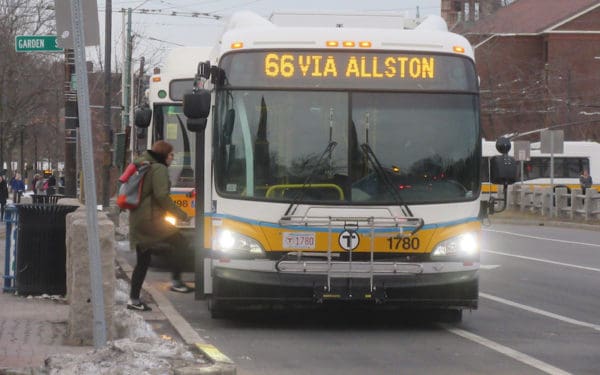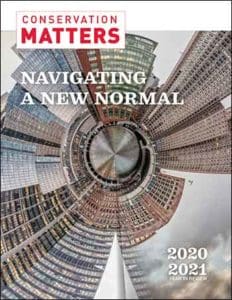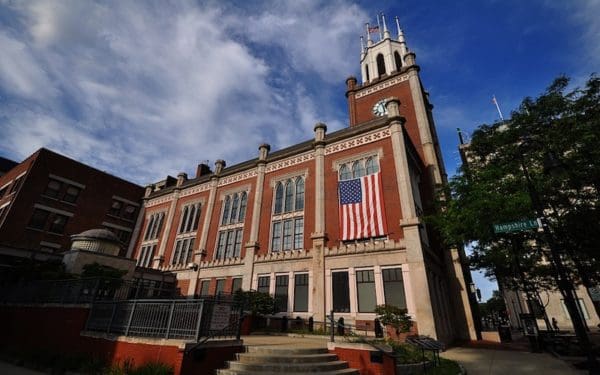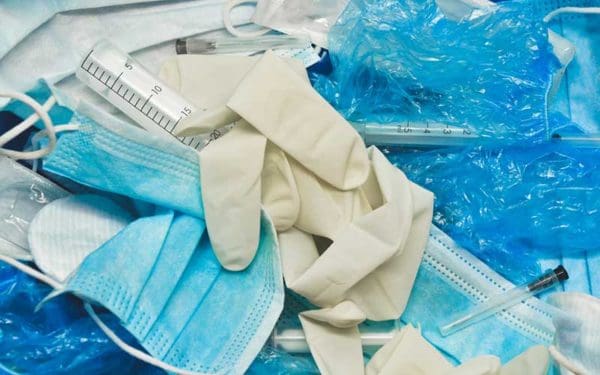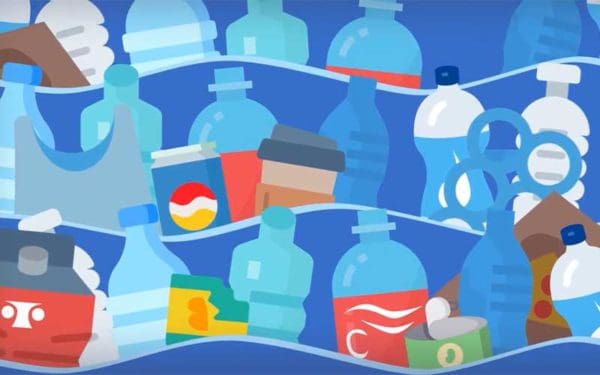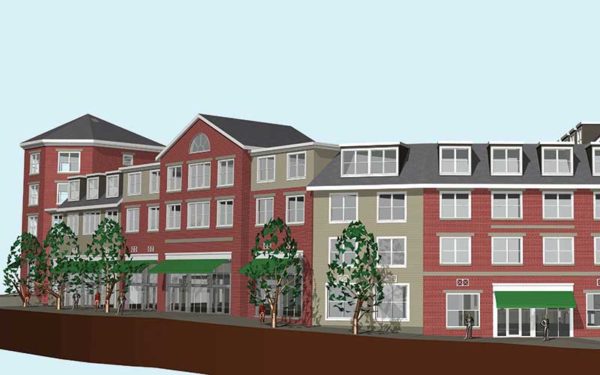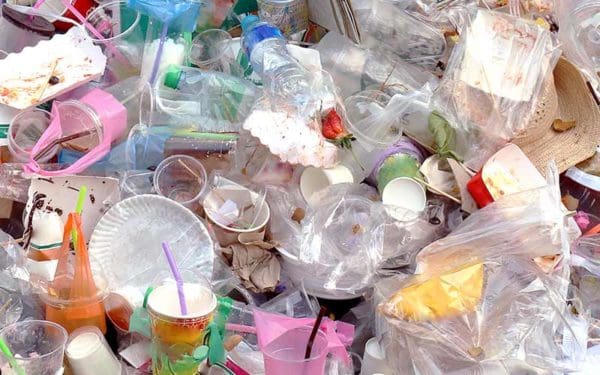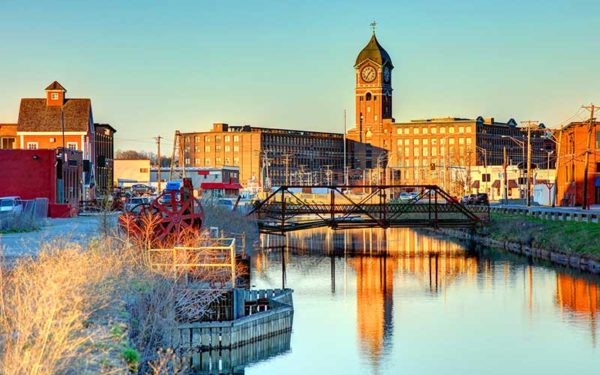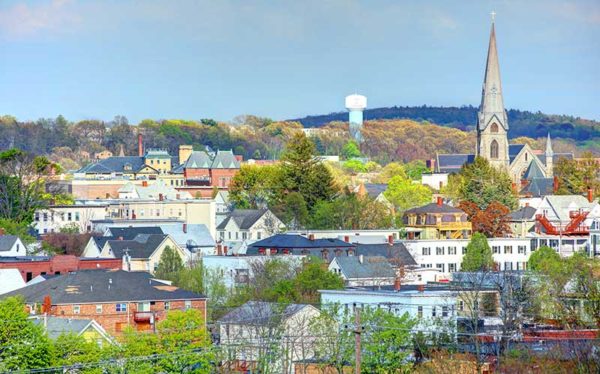Jul 26, 2021
“Building landfills just does not incentivize the actions you want to see. When you build this capacity, you’re not going to be recycling or composting or diverting as much as you should be,” Blair says.
Jul 21, 2021
“The era of kicking the can down the road at the MBTA is over,” said Staci Rubin, Vice President of Environmental Justice at CLF. “People in nearly 200 communities depend on the T to get where they need to go, and it’s time we get a reliable, affordable system that works for everyone. This bill will make sure that the oversight board understands the issues plaguing the MBTA and has the vision to create a better system for everyone.”
Jul 16, 2021
The past year has shown us what we can accomplish when faced with unprecedented upheaval. Now we are focused on driving forward a future that is equitable and healthy for all – while also confronting the most urgent environmental threats in the here and now. The work we do together in the next five years… Continue reading Conservation Matters Summer 2021: Year in Review
Jul 15, 2021
With summer here, Manchester, New Hampshire, residents are spending more time outside, walking city streets or biking through their neighborhoods. Unfortunately, more needs to be done to make sure people across the city can safely enjoy this time outside their homes.
Jul 13, 2021
“Burning waste of any kind threatens our environment and poses unacceptable toxic risks to neighboring communities,” said Kevin Budris, Zero Waste Attorney at CLF Rhode Island. “Medical waste contains large amounts of plastic, as well as sharps, pathological waste, cleanup materials, and other biological waste. When this waste is burned with high-heat technologies, it emits some of the most dangerous pollutants known to humankind. Today’s decision aligns with Rhode Island’s new law to protect our communities, homes, schools, and waters from dirty, climate-destroying medical waste-burning facilities.”
Jul 13, 2021
Today’s throw-away culture exists because plastic producers and manufacturers choose to make single-use products and packaging that cannot be recycled. But we can change that by passing legislation that will hold producers accountable for the waste they create.
Jul 13, 2021
“Too many communities in Greater Boston have been plagued with disinvestment and unhealthy homes for generations,” said Maggie Super Church, Vice President of Healthy and Resilient Communities at Conservation Law Foundation. “Old, entrenched investment models for housing and small business exclude low-income communities and worsen disparities in health and sustainability. This investment from Dana-Farber will lead to healthier, more resilient neighborhoods and we can’t wait to get to work.”
Jul 13, 2021
“Maine’s current recycling system is broken,” said Peter Blair, Zero Waste Attorney at CLF Maine. “Cities and towns are paying exorbitant disposal rates for polluting products that are deliberately manufactured to be unrecyclable. It’s time plastic producers pay for polluting our air, land, and water with their products, and this law will finally hold them accountable.”
Jul 12, 2021
Extended heat waves, stronger nor’easters, more intense and frequent rainstorms – these are some of the climate impacts expected to affect New England. But they will hit some communities harder than others. Those living in urban areas with little tree cover, for example, suffer more when heat waves strike. The acres of buildings and pavement… Continue reading Here’s What Climate Action Led By and For the Community Looks Like
Jul 12, 2021
With climate impacts already affecting New England – from extended heat waves to heavier and more frequent rains – communities are turning their attention to protecting residents from ever-worsening climate fallout. These impacts will hit some communities harder than others, however. Those living in urban areas with little tree cover, for example, suffer more when heat… Continue reading This Community-led Project is Tackling Health and Climate Inequities

